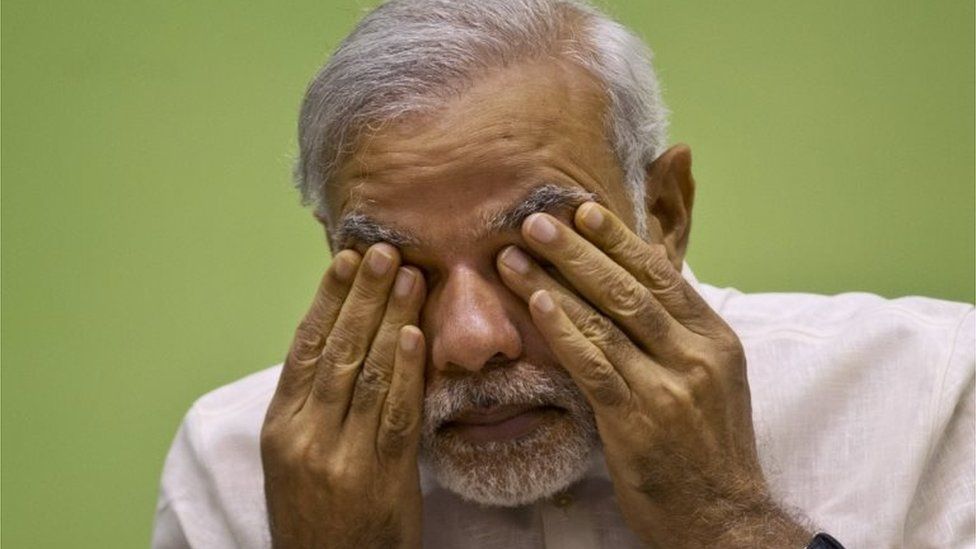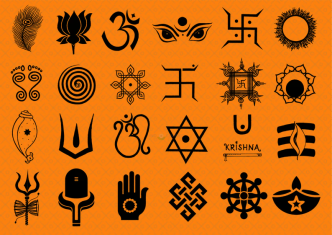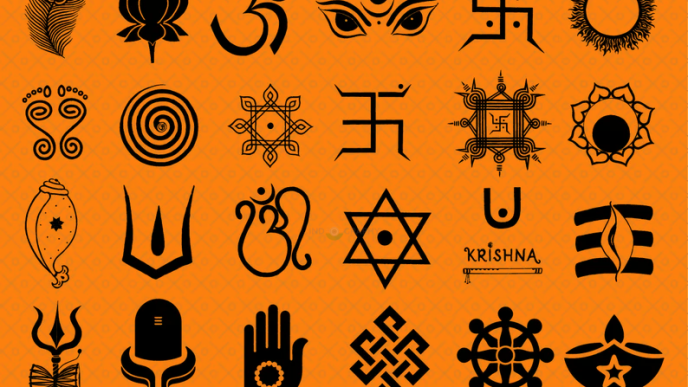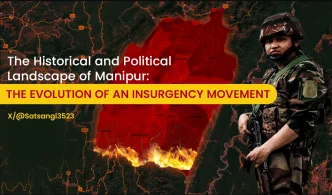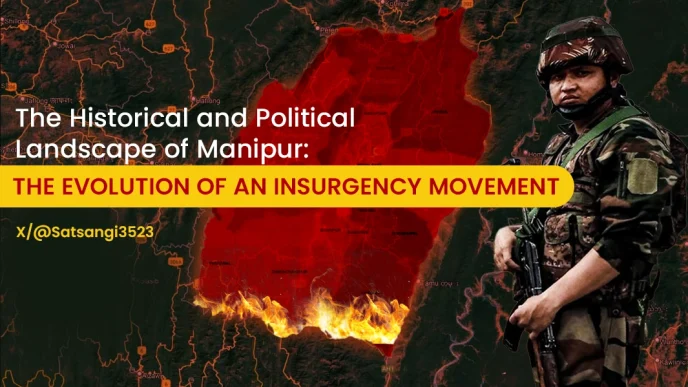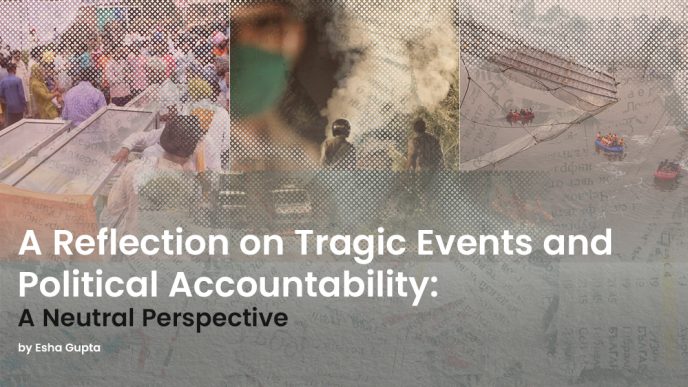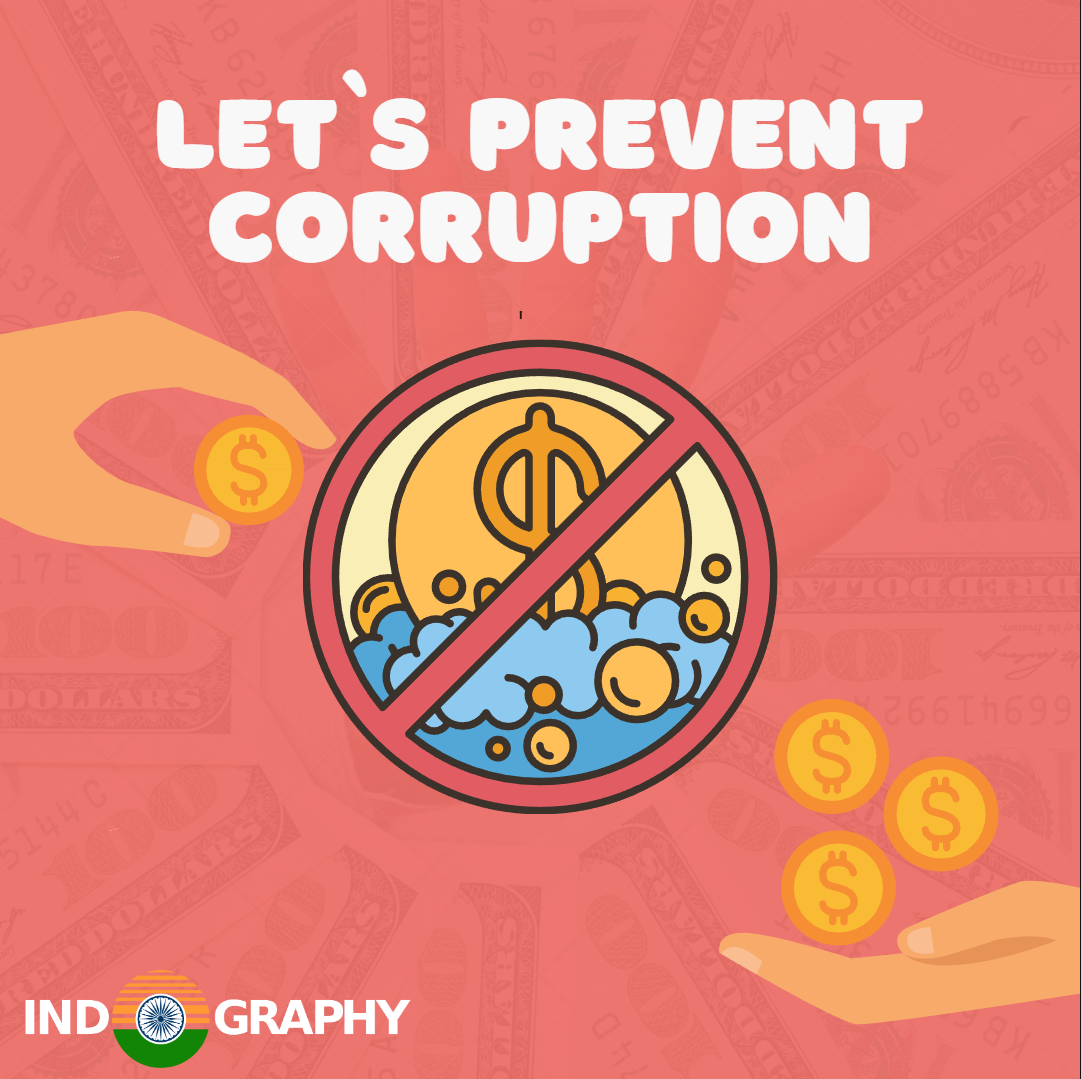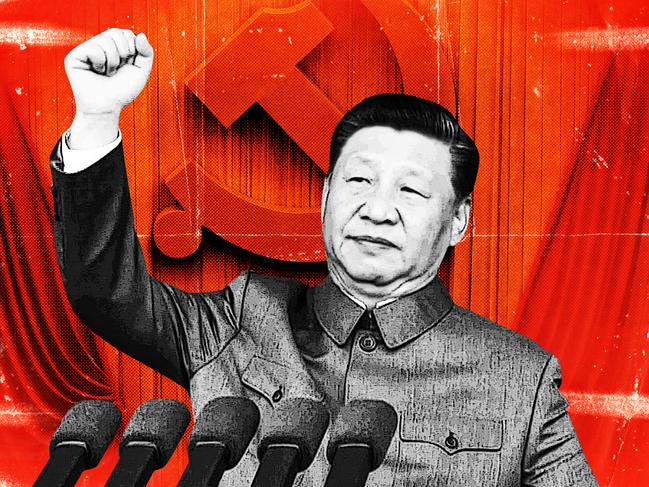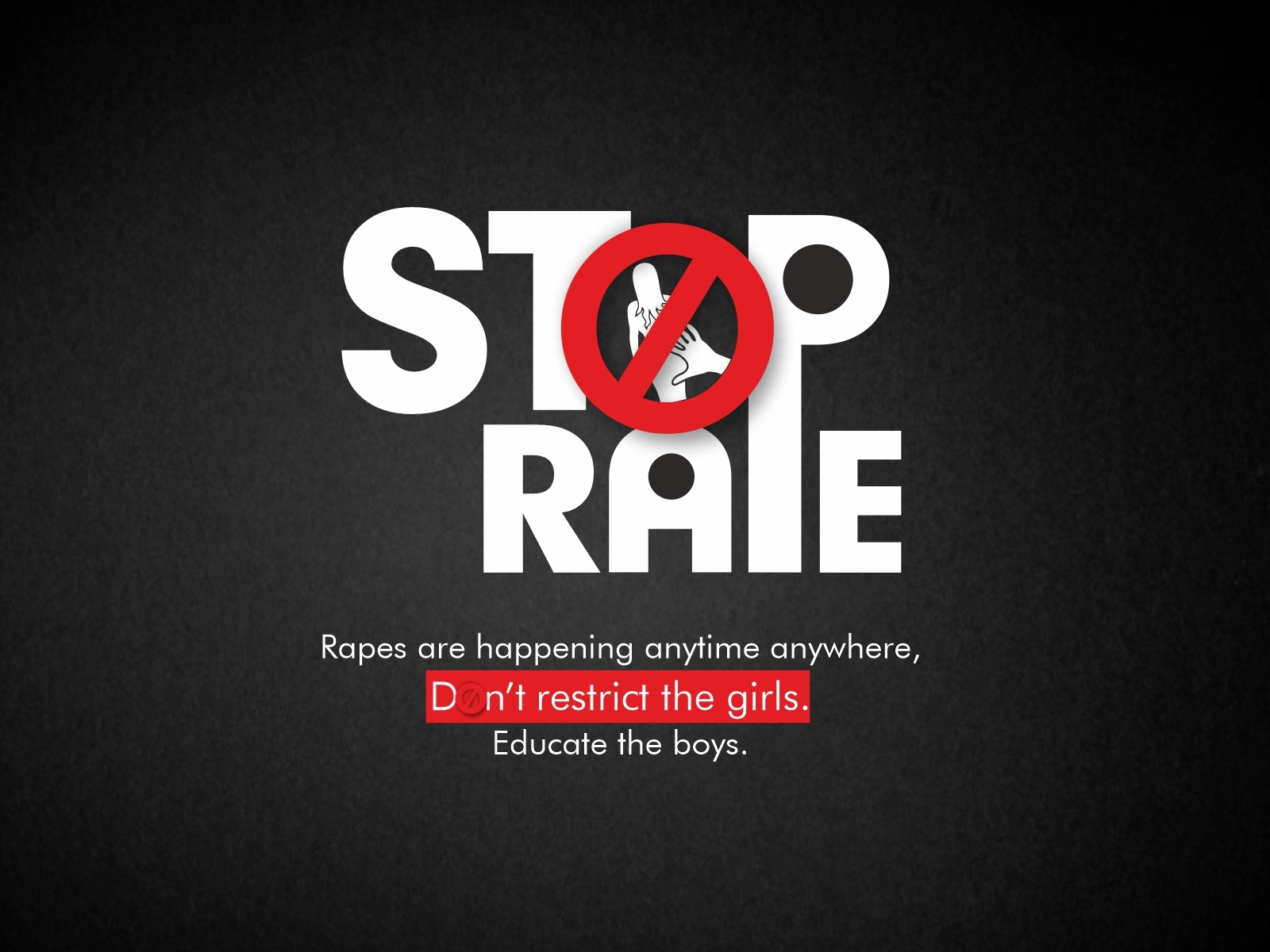In the aftermath of the recent electoral upheaval, the narrative has taken a dramatic shift. What was once hailed as an unbeatable juggernaut now lies in tatters, the debris of shattered illusions strewn across the political landscape. It’s a tale of defeat cloaked in the semblance of victory, where rejection masquerades as endorsement and hubris meets its reckoning.
The dismantling of the Narendra Modi brand is a spectacle to behold. Amidst the rubble of his political posturing, the echoes of “char-sau-paar” boasts reverberate hollowly, exposing the absurdity of his once-vaunted invincibility. From alluring promises to false claims, from divisive tactics to deceptive narratives, every weapon in his arsenal has been rendered impotent. Even the facade of divinity has crumbled under the weight of numerical reality.
The vaunted “Modi ki Guarantee” now yields to the mercy of Naidu-Nitish, a stark reminder of the fragility of political power. The myth of invulnerability, once so carefully cultivated, lies shattered on the battlegrounds of Uttar Pradesh, a casualty of the democratic process. The resounding victory, heralded as a triumph, may well be the harbinger of political downfall.
Yet, amidst the wreckage, there remains a sense of incredulity. To emerge as the largest party with 240 seats after two tumultuous terms defies comprehension. Against a backdrop of catastrophic governance marked by unprecedented unemployment and soaring prices, this achievement borders on the miraculous. Despite the scars left by demonetization, mishandling of the pandemic, and rampant cronyism, the allure of power endures.
But perhaps most astonishing of all is the fact that Modi’s tally stopped at 240. In an election rife with allegations of bias and electoral malpractice, where the playing field was anything but level, this outcome defies logic. Media bias, electoral misconduct, and targeted harassment of opposition figures cast a shadow over the democratic process. Yet, against all odds, the Modi juggernaut faltered, denying the majority it so fervently sought.
Communication, they say, is the lifeblood of politics. Yet, in this skewed arena, the opposition found itself at a distinct disadvantage. While Modi’s messages echoed relentlessly through the cacophony of loudspeakers and television screens, his opponents struggled to be heard above the din. Allegations of corruption and criminality were magnified, while the misdeeds of the ruling party were swept under the rug.
In the aftermath of defeat, Rahul Gandhi’s words resonate with poignant clarity. The resounding message from the electorate is clear: we reject the politics of division and discord. The Constitution, they proclaim, is sacrosanct, and those who seek to undermine it do so at their peril. It is a testament to the resilience of the Indian people, who have risen up to defend their democratic ideals in the face of adversity.
The path ahead is fraught with uncertainty, but one thing remains abundantly clear: the era of unchecked power has come to an end. The fetters placed upon the colossus that sought to trample upon the Constitution are a testament to the enduring spirit of democracy. In an age of cynicism and disillusionment, the resilience of the Indian electorate is nothing short of remarkable.
As the dust settles and the political landscape undergoes a seismic shift, one thing is certain: the defeat of Modi’s BJP is not just a victory for the opposition but a triumph for democracy itself. In the face of overwhelming odds, the people have spoken, and their voices will not be silenced.
